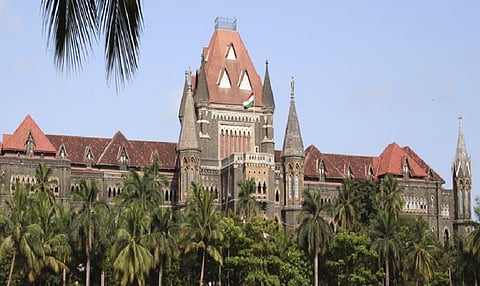
- Home
- Live Blog
- Breaking News
- Top Headlines
- Cities
- NE News
- Sentinel Media
- Sports
- Education
- Jobs

MUMBAI: In a significant ruling, the Bombay High Court on Thursday upheld the validity of reservations in education and government jobs granted to the Maratha community under the Socially and Educationally Backward Class (SEBC) category, but reduced the quantum from 16 percent.
Bringing down the quota from the proposed 16 percent to 12 percent for education and 13 percent for jobs on the grounds, it observed that the higher quota was “not justifiable”.
A division bench of Justice Ranjit More and Justice Bharati Dangre also said the government was entitled to create a separate category for the SEBCs and grant them reservations.
Thursday’s much-anticipated verdict came in a bunch of petitions challenging the state government’s November 2018 decision granting 16 percent reservations to Maratha community under the SEBC category. In his initial reaction, Chief Minister Devendra Fadnavis welcomed the court verdict and indicated that the new quota percentages recommended were acceptable to the government.
However, his ministerial colleague Sudhir Mungantiwar said the State would request the court to reconsider the 16 per cent quota.
Vijayalaxmi Khopade, the lawyer for one of the petitioners, said that the court also endorsed the report of the nine-member M. G. Gaikwad Commission classifying the Marathas as a “Socially and Educationally Backward class”.
The judges said that the reservations proposed by Maharashtra government were based on justifiable data submitted by the Backward Class Commission, Khopade said.
She was representing one of the intervenor applicants, Congress Legislative Councillor Haribhau Rathod, who had challenged the constitutional validity of the Maratha reservations.
After the government’s announcement, the total reservations in Maharashtra effectively shot up from 52 per cent to 68 per cent, way past the 50 per cent ceiling earlier set by the Supreme Court, leading to several petitions in the Bombay HC challenging the government’s decision.
The judges ruled that exceptional circumstances were established and therefore the State government can implement the enabling provisions, though it reduced the quota.
After listening to all the submissions by anti-reservation petitioners, and intervenors, and the State government and some others in favour of the quotas, in the case since February, the High Court had reserved its judgement on March 26. At that time, the Lok Sabha election process was underway in the State and rest of the country.
The verdict was greeted with outburst of celebrations among Marathas all over the State, giving a fillip to the ruling Bharatiya Janata Party-Shiv Sena combine, barely four months before the Assembly elections.
However, criticising the judgement, one of the anti-reservation lawyers Gunaratan Sadavarte said he would challenge the HC verdict in the Supreme Court. (IANS)